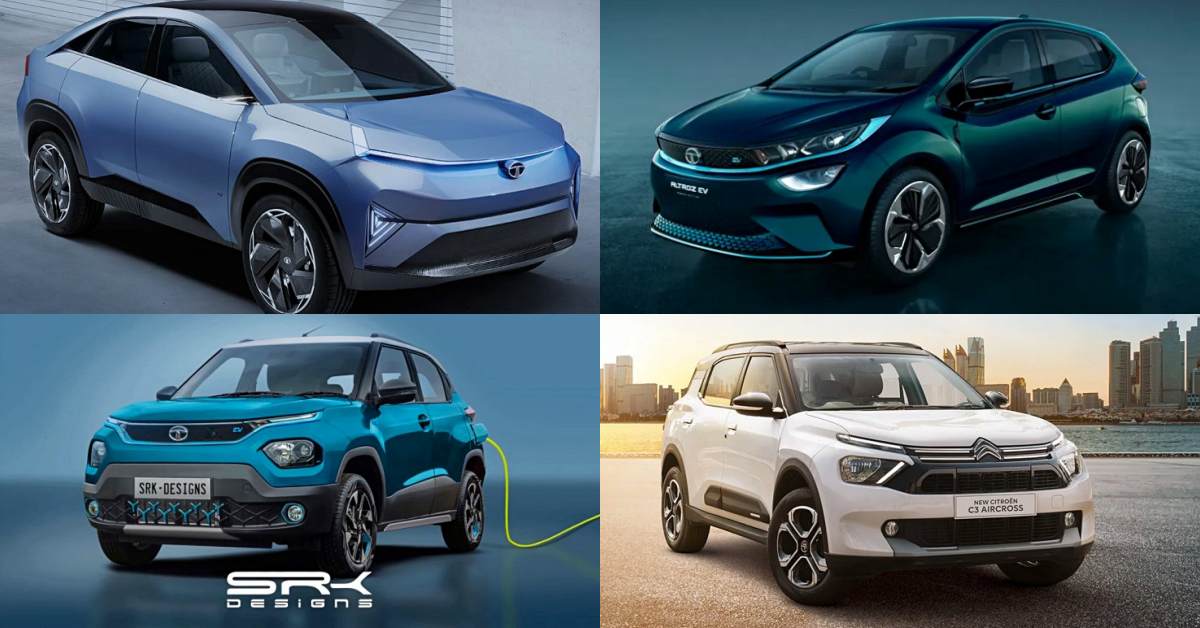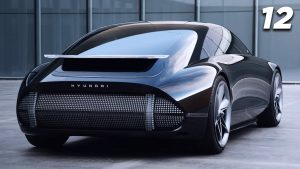Electric cars have been touted as the future of transportation, promising a cleaner and more sustainable alternative to traditional gasoline-powered vehicles. However, one major obstacle to their widespread adoption is their high price tag. In this article, we will explore the reasons why electric cars are expensive and the challenges that automakers face in bringing down their costs.
- Battery Technology
The most significant factor driving up the cost of electric cars is the battery technology used to power them. Lithium-ion batteries, which are currently the most common type of battery used in electric cars, are expensive to produce and require rare earth metals such as cobalt and nickel. The limited supply of these materials, combined with the high demand for electric cars, has led to a surge in prices.
- Production Costs
Electric cars require specialized production processes and equipment, which can be costly to set up and maintain. Additionally, automakers must invest in research and development to improve the efficiency and performance of electric cars, which adds to the overall production costs.
- Limited Scale
Compared to traditional gasoline-powered vehicles, electric cars are still produced in relatively small numbers. This limited scale of production means that automakers cannot take advantage of economies of scale, which would allow them to reduce costs through bulk purchasing and streamlined production processes.
- Infrastructure
Another challenge facing the widespread adoption of electric cars is the lack of infrastructure to support them. Charging stations are still relatively scarce, and the cost of installing them can be prohibitive. Additionally, the electrical grid may not be able to handle the increased demand for electricity that would come with widespread adoption of electric cars.
- Government Incentives
Finally, the cost of electric cars is also influenced by government incentives and regulations. In some countries, electric cars are heavily subsidized, which can help to bring down their costs. However, in other countries, taxes and fees on electric cars can make them more expensive than traditional vehicles.
In conclusion, while electric cars offer many benefits, including reduced emissions and lower operating costs, their high price tag remains a significant barrier to their widespread adoption. Automakers must continue to invest in research and development to improve battery technology and streamline production processes, while governments must provide incentives and support for the development of infrastructure to support electric cars.





+ There are no comments
Add yours